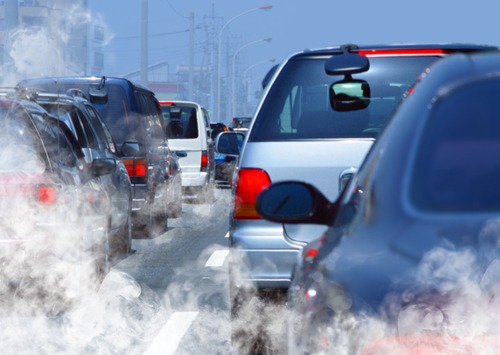
The U.S. Senate Environment and Public Works Subcommittee on Clean Air and Nuclear Safety recently held a hearing to discuss amending federal air-quality standards, an issue that is being closely watched by the automotive industry.
The hearing, “Making Implementation of the National Ambient Air Quality Standards for Ground-Level Ozone Attainable,” pertains to the Clean Air Act.
Senate bill 263, introduced by Sen. Shelley Moore Capito (R-WV), would revise the National Ambient Air Quality Standards (NAAQS) program to extend when the 2015 standards go into effect. The bill would also change the review cycle so the next Environmental Protection Agency review of ozone NAAQS doesn’t occur until Oct. 26, 2025.
A separate bill, S. 452, introduced by Sen. Jeff Flake (R-AZ), would delay the enforcement and implementation of NAAQS for ozone.
Proponents of the amendments say environmental regulation overreach has harmed the economy and led to job losses. Opponents cite the negative health effects of air pollution.
“For decades, we have known there is a link between smog – also known as ozone pollution – from uncontrolled power plants, automobiles and other sources to serious health problems such as asthma attacks, heart attacks and other respiratory ailments,” subcommittee ranking member Sen. Tom Carper (D-DE) said. “More recently, medical professionals have also linked ozone pollution to early deaths.”
Capito, speaking at the hearing in support of her bill, said, “The Ozone Standards Implementation Act will provide more clarity, more regulatory certainty and ease the economic burden of never-ending overreach.”
The subcommittee took no further action on the amendments.
The Automotive Service Association, a nonprofit organization dedicated to independent automotive service and collision repair professionals, said the air quality standards are critically important for its members as states develop emissions plans and relative automotive policies.